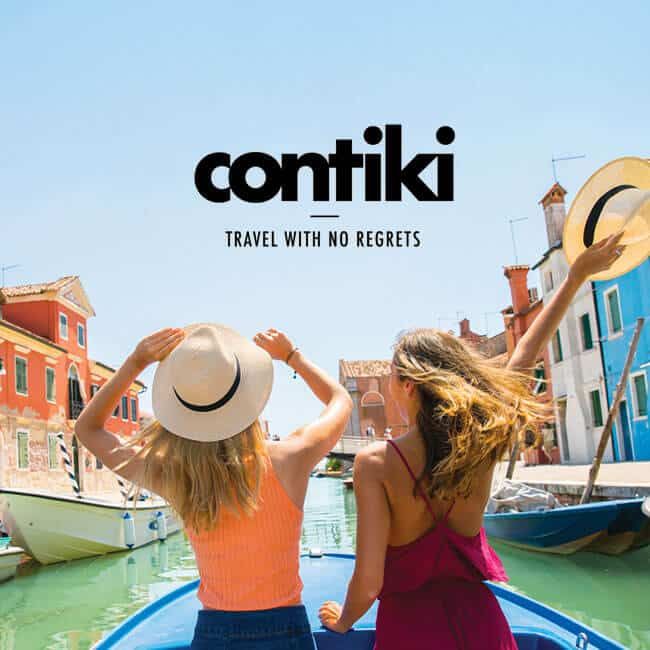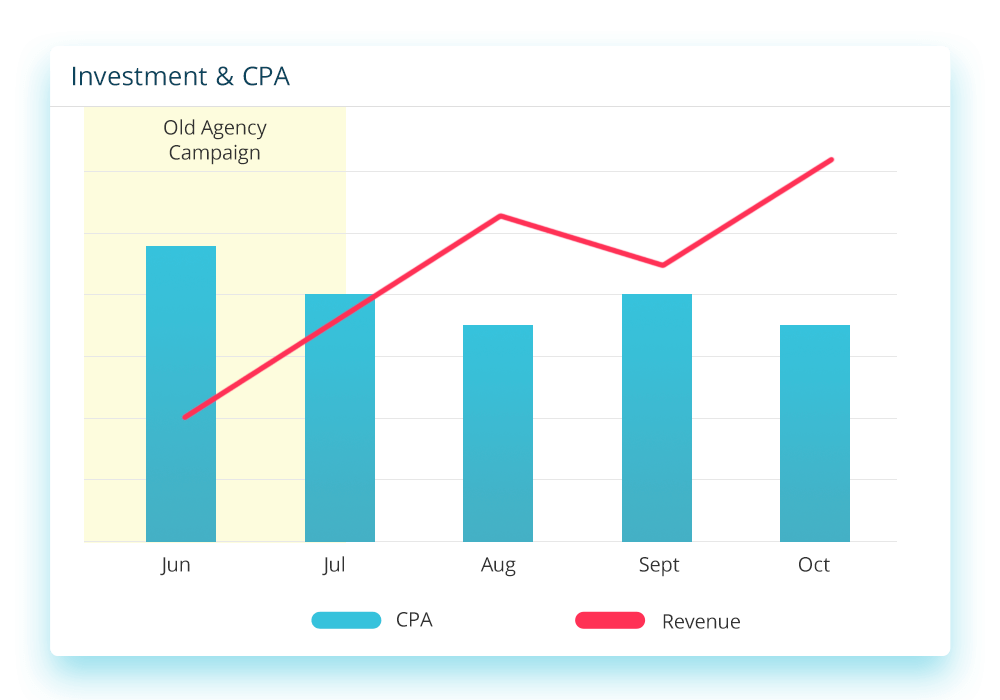Contiki - PPC Case Study


The Contiki challenge
In recent years, travellers have become more self-sufficient when planning and booking holidays. Their reliance on tour operators and travel agents has decreased, making marketing tour operators like Contiki more difficult.
Contiki’s brand strength has not weakened – in fact, it’s grown, but its over-reliance on the brand from a paid search perspective is an issue.
It meant that the paid search campaign was so brand-heavy that it was not attracting new customers who were going to the search engines to research their holidays but capturing customers who were already interested in the product.
The challenge was to move the conversion focus away from brand keywords, making generics work harder and better understand their role in the conversion funnel.

Our methodology
Building a campaign that was modern and world-class rather than applying a band-aid solution to existing campaigns was the first step. It would, of course, take time, but like anything – a strong foundation was critical.
We then aligned that structure with a technology that would allow us to transfer expenditure and conversions away from a brand-heavy campaign. Our technology of choice was Google’s Double Click.
We also moved the campaign away from an antiquated last-click attribution methodology to a U-shaped base model overlaid with time decay.
A lot of work went into educating the client about how reporting would work and how conversions would now be shared between keywords, campaigns and channels.

The results
CPAs were immediately reduced, which was a surprise as we were moving investment away from brand keywords, which wasn’t the campaign focus.
The new, improved structure meant our brand CPCs had reduced greatly – providing even more budget to fuel generic keywords.
Key to the campaign was the increase in campaign revenue and ROI.
- 39% increase in Revenue
- 25% increase in ROI




